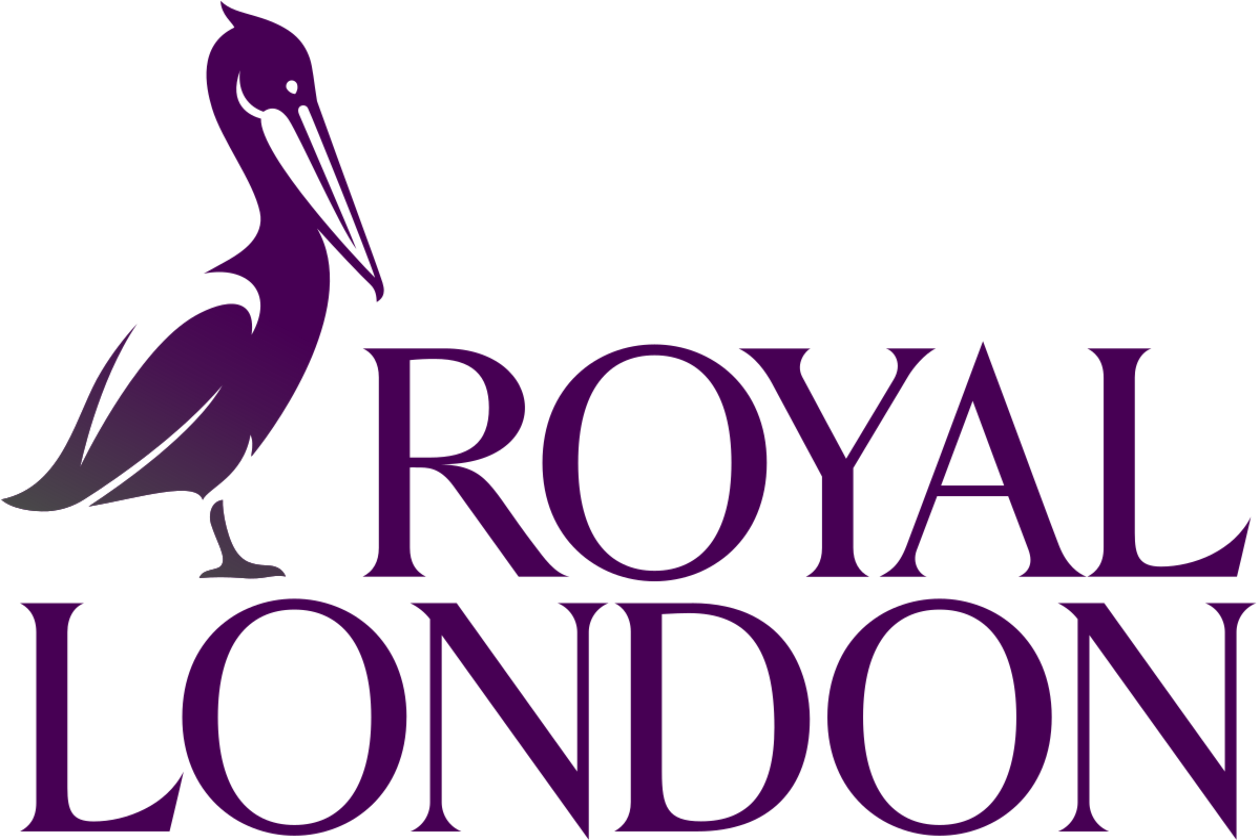Co-manager Eric Holt is a seasoned bond investor with over three decades of investment experience
The fund invests across the bond market, including in higher-risk unrated bonds
The fund has performed well since its launch in 2003, outperforming its IA Strategic Bond peer group
The fund does not currently feature on the Wealth Shortlist of funds chosen by our analysts for their long-term performance potential.
How it fits in a portfolio
The Royal London Sterling Extra Yield Bond fund offers the potential to deliver a high income for investors, but its investment approach means it’s also higher risk. The fund could be used to diversify a bond portfolio, or a more adventurous shares portfolio seeking exposure to other asset classes. We think the fund could be more volatile than some other bond funds.
Please note as an offshore fund you are not normally entitled to compensation through the UK Financial Services Compensation Scheme.
Manager
The fund is co-managed by the experienced Eric Holt and Rachid Semaoune. Holt joined Royal London in 1999 and his investment career stretches over three decades. He’s been manager of the fund since its launch in 2003 and also has responsibility for Royal London’s credit research process.
Semaoune began his investment career in 2001 at Gulf International Bank before later joining UBS Asset Management to manage investment grade bond portfolios. He joined Royal London from UBS in 2015 and became co-manager of this fund in 2019.
Holt and Semaoune also have the help of a team of analysts and other fund managers at Royal London. Both managers also run other fixed income funds at Royal London.
Process
The managers look for opportunities across the credit market by investing in a combination of investment grade, sub-investment grade and unrated bonds (bonds without a credit rating) where they believe valuations are attractive. They don’t rely on credit ratings and consider if the reward on offer is sufficient for the risk of owning a bond. As of the end of April 2024, 32% of the fund was invested in unrated bonds.
This is a meaningful amount of the fund invested in unrated bonds. These under-researched bonds may be complex and often secured against a company's assets. The managers can potentially add value by looking in this area of the market, but these types of bonds are higher risk, and the lack of credit rating can make them harder to trade, adding liquidity risk, particularly in a falling market. It is because of this that the fund does not feature on the Wealth Shortlist of funds chosen by our analysts for their long-term performance potential.
They tend to focus more on the prospects for individual bonds, rather than taking wider views on things like duration (a bond's sensitivity to a change in interest rates). Holt and Semaoune therefore aim to add value for investors by investing in bonds others don't fully understand that they think could go on to perform well in the future. They hold a wide range of bonds in the fund, so returns don't rely on the performance of a single investment. The fund invests in high-yield and unrated bonds, both of which can increase risk.
Holt and Semaoune have been active in identifying new opportunities to add to the fund. Recent investments include the newly issued bonds from Seacrest, which operates onshore oil and production in Brazil, and Talos, a large US energy business. The managers also invested in some bonds from the financials sector, including bonds from Investec, ING and Standard Chartered. They sold some shorter dated bonds from airport operator Heathrow and Australian gas pipeline business APA Infrastructure.
The managers think that inflation could be a bit volatile from here with the headline figure potentially going below the Bank of England’s 2% target but with some important elements of inflation remaining sticky. While the expectation of lots of interest rate cuts at the start of 2024 has reduced, they still see potential for rates to be lower at the end of 2024 than their current levels.
Culture
We believe Royal London’s speciality is in managing fixed income portfolios. Their philosophy is that all well-diversified portfolios should include an element of income. They use a combination of top-down macroeconomic analysis and bottom-up security selection to manage their bond portfolios which has served them well over time.
The managers are rewarded based on the long-term performance of their fund, so their interests are aligned with investors. We think their incentivisation structure is better than most and encourages good behaviour, but it isn’t as long term as in some other groups.
ESG Integration
The managers consider environmental, social and governance (ESG) factors in their analysis. This helps them identify potential risks that could affect the business’s ability to repay its debts, increase costs or result in future litigation.
All Royal London fund managers have access to ESG ratings and analysis produced by the firm’s central Responsible Investment team. The firm asks that all managers incorporate this into their investment decision making processes, but our meetings with Royal London fund managers suggest the quality of ESG integration from fund to fund is mixed. The firm’s sustainability branded funds fully integrate ESG, with the support of the Responsible Investment team.
The Responsible Investment team coordinates company engagement and engagement case studies can be found in the firm’s annual Stewardship and Responsible Investment report. The firm also publishes a summary of voting activity on its website, and an interface allows visitors to search for all voting activity relating to a specific company, or any time period, and includes a rationale in cases where the team voted against a proposal or abstained.
While this is not one of Royal London’s sustainability branded funds, we do think that ESG related risks are suitably considered as part of the bond selection process. That said, the fund may still invest in bonds from companies that some would consider to be ‘sin stocks’, including those involved in tobacco, alcohol and gambling.
Cost
This fund has an ongoing annual charge of 0.84%, but we've secured HL clients an ongoing saving of 0.44%. This means you pay a net ongoing charge of 0.40%. The HL platform fee of up to 0.45% per year also applies, except in the HL Junior ISA, where no platform fee applies.
Performance
Holt has delivered good returns to investors over the long term. Since the fund’s launch in April 2003, he’s delivered returns of 311.05%* to patient investors, compared with the IA £ Strategic Bond peer group average return of 159.15%. Past performance is not a guide to the future. All investments fall as well as rise in value, so you could get back less than you invest.
Over the 12 months to the end of May 2024, the fund has delivered a return of 12.33%, ahead of the IA £ Strategic Bond peer group average return of 7.44%.
Investments in the financial services, industrials and insurance sectors have all added notable returns for the fund over the 12 months to the end of May. These sectors make up a large part of the fund, so it’s not surprising they have a big influence on overall performance. Smaller investments in the consumer services and utilities sectors have also done well for the fund.
From a credit rating perspective, investment grade, high yield and unrated bonds have all delivered positive returns overall.
At an issuer level, bonds from Intu, the British Real Estate Investment Trust (REIT), performed particularly well. As did bonds from DOF Group, a Norwegian supply shipping company, and EDF, the French energy company.
There were some bonds that lost value though. The biggest loss came from bonds issued by the Thames Water owner, Kemble Water Limited. Shareholders were expected to inject further money into the company however following various interactions with OfWat (its regulator), no additional funding was provided. This caused the bonds to fall in value. This was a large investment in the fund and was therefore negative for performance. While this is disappointing, it reflects some of the additional risk being taken in this fund compared to many peers.
The fund can be more volatile than other bond funds, which we saw during the 2008 financial crisis and at the start of 2020 amid the coronavirus pandemic. This means we don't think the fund is likely to offer shelter in an economic or bond market downturn.
Investments in some areas of the market that other investors tend to overlook, like unrated and higher yielding bonds have helped deliver strong returns for investors in the fund. But these investments are less liquid, meaning they can be more difficult to trade in large volumes.
At the end of April, the fund had a yield of 7.28%, although yields are variable, not guaranteed, and are not a reliable indicator of future income.
Annual Percentage Growth
31/05/2019 To 31/05/2020 | 31/05/2020 To 31/05/2021 | 31/05/2021 To 31/05/2022 | 31/05/2022 To 31/05/2023 | 31/05/2023 To 31/05/2024 | |
|---|---|---|---|---|---|
Royal London Sterling Extra Yield Bond | -5.13% | 16.04% | 1.54% | -0.20% | 12.33% |
IA £ Strategic Bond | 3.15% | 7.39% | -6.14% | -4.02% | 7.44% |


